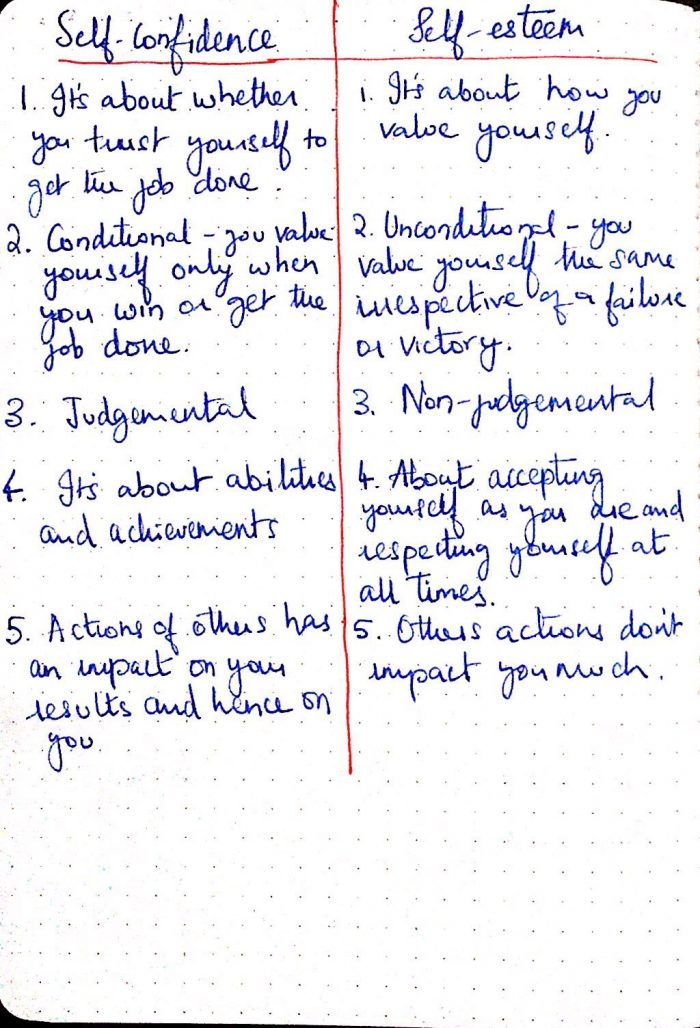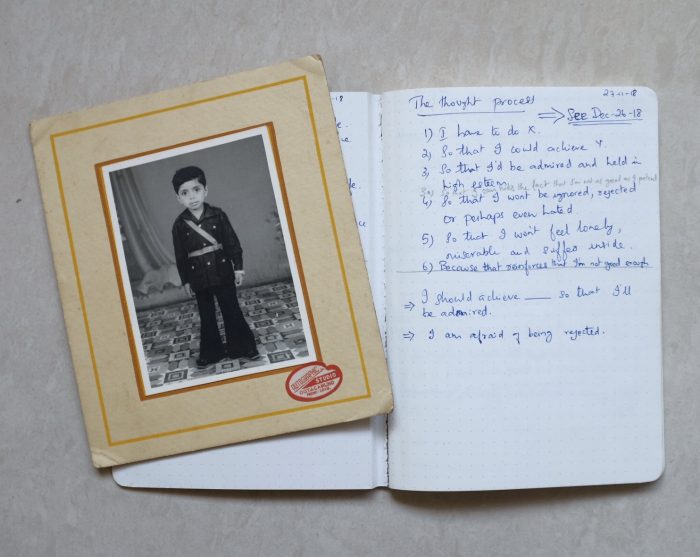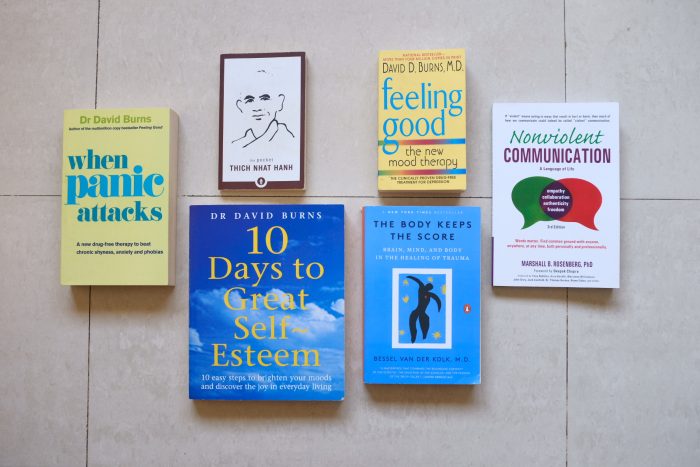For the last 2-3 years, I have been trying to be more of myself.
I used to live an outwardly driven life where others’ perceptions and opinions of me mattered… a lot. I wanted to achieve things, be respected and admired.
For some reason, since childhood, I’ve felt like an inadequate guy. Scared that our unforgivingly judgmental society would find out my inadequacies and reject me, I covered it up. With accolades, achievements, pretence and other props that made me ‘look good’ on the outside, but mattered less deep inside.
Those insecurities were my driving force.
Life was one goal after another!
I felt elated when I reached my goals and broken when I didn’t. The recognition I received when I reached my goals pushed me hard. That double edged sword also crushed me in my failures.
I couldn’t enjoy my successes because I couldn’t afford to stop. I couldn’t share my failures openly because I was scared of being judged.
Life was one stage play after another – I was an actor pretending to be an achiever. Never myself, never relaxed. Maintaining the house of cards was taxing.
Tired of running, I started looking inward.
I didn’t know much then. The first couple of years were empty, dull and depressing.
At that point, I didn’t understand why I gave so much importance to others’ opinion of ‘me’. My insecurities were embedded deeply inside and like most uncomfortable things, the mind buried it deep enough so that one doesn’t have to deal with it daily. It took a while and a lot of digging into to uncover the built-up anxieties and insecurities.
It became clear that I had bottled up childhood insecurities and was very uncomfortable in letting the world know of my shortcomings. I was scared of being rejected. That fear of rejection made me conform.
And when you conform so much, you stop being yourself. You chase the facades the society values – status, jobs, money, praise, etc. You essentially live other people’s lives rather than your own!
It became clear that my facades weren’t helping me in the long run. I had to discard them.
Discarding such facades is a deeply painful process. You have to open up unpleasant things about yourself and accept them yourself first, without judging. You have to be your own best friend and it is not easy.
Years of conditioning don’t go away immediately. There’s a lot of internal resistance. I think it is important to build mental immunity first before doing this. Without the mental immunity to handle it, one can drop straight to depression or even suicide. I credit my stint as an entrepreneur for having helped build a bit of mental immunity to handle this reasonably alright. I had two people with whom I could discuss nearly everything without filters, my wife and a close friend, and that really helped.
Once you cross the valley of facades, you’d think things would get easier. Nope!
As I kept peeling the layers of outwardness, hoping I’d find the ‘real me’, I didn’t find a ‘real me’, but only nothingness. The nothingness was extremely unsettling.
All those things that meant so much to me suddenly lost their importance. There was nothing to hold onto – to anchor my life and strive for. Seeking of any kind, the very thing that gave my existence so much meaning until then, turned unimportant.
When you seek, it means you have somewhere to go. However, when you introspect deeply, you realise your seeking is just a facade for your inability to just be yourself. Your facade is your uncomfortable-inner-self trying to be someone else.
When you become comfortable with yourself, you don’t need the facades. Without facades, suddenly there’s no need to seek. It’s as if I spent a lot of time shedding my outer-self in pursuit of a true inner-self, only to discover there’s no such thing.
It’s been a year now – and I am a bit more comfortable with the nothingness or whatever else you could call it. It’s still uncomfortable at times, but then it has helped me shed baggage and travel lighter these days.


